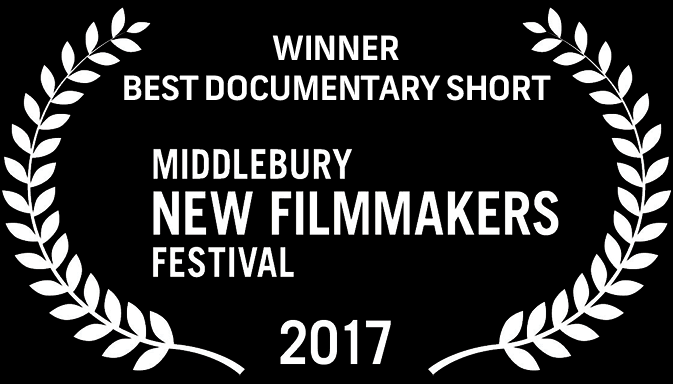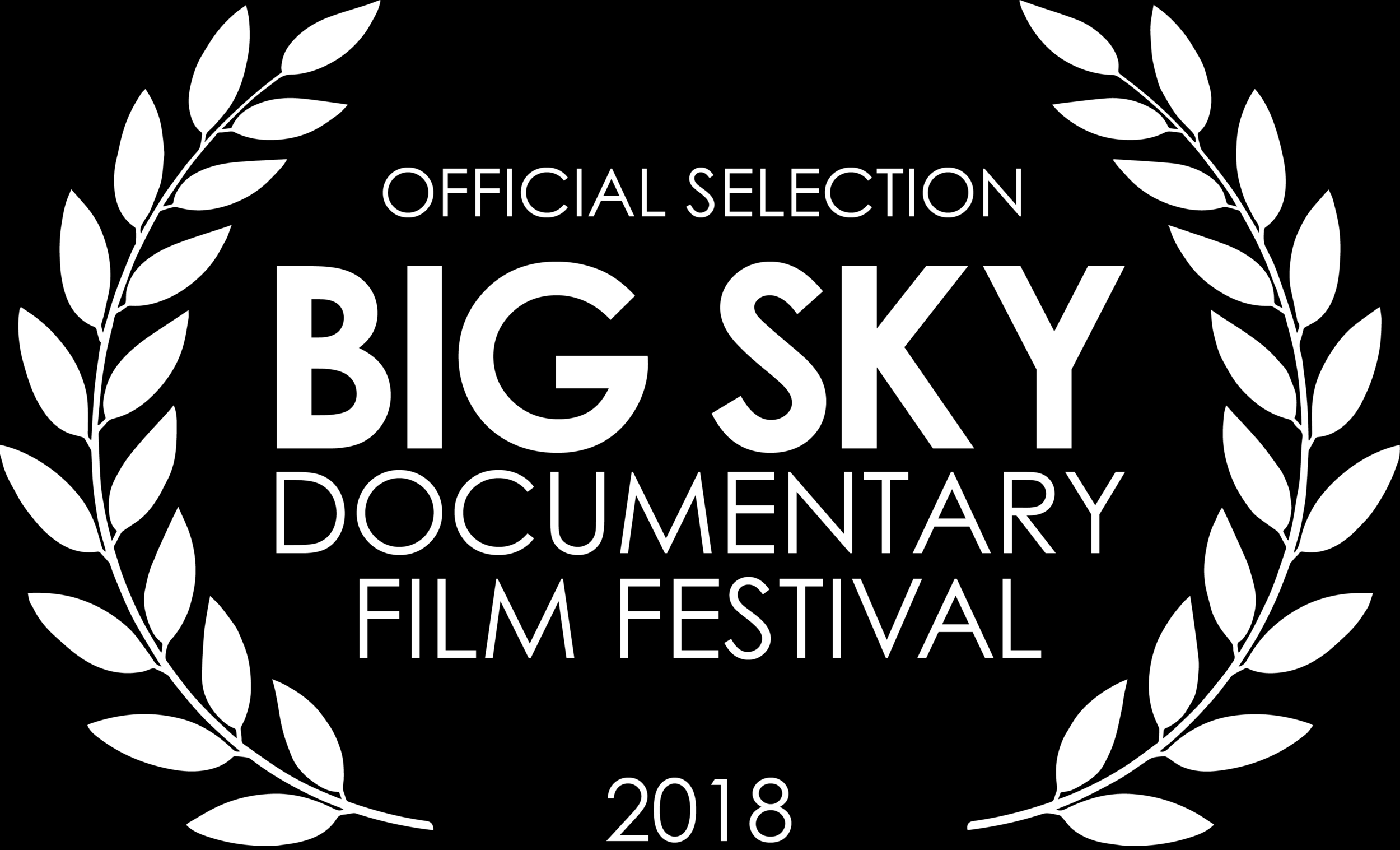IT'S TIME TO RECOVER OUR HISTORY
AN OUTRAGE is a documentary film about lynching in the American South. Filmed on-location at lynching sites in six states and bolstered by the memories and perspectives of descendants, community activists, and scholars, this unusual historical documentary seeks to educate even as it serves as a hub for action to remember and reflect upon a long-hidden past.
Thousands of African Americans confronted, resisted, endured, and perished during the era of lynching in the American South. Beginning with the end of the Civil War and continuing well into the middle of the twentieth century, this extralegal, socially-sanctioned practice of torture and murder claimed the lives of more than 4,000 African American men, women, and children. This past is little-discussed today, even as its wounds fester.
In town squares and deep in the woods, in secret and on public display, white men, women, and children participated in the kidnapping, mutilation, and killing of African Americans said to have committed serious crimes or minor affronts on white honor. Because lynching was killing that took place outside of the legal system, accusations of wrongdoing were never argued in courts of law. (Many more African Americans were condemned through swift show trials under the guise of justice.) The innocent were murdered again and again. At the height of the lynching epidemic, in the 1890s, one African American was killed somewhere in the South every four days.
The history of lynching ought to grab us by the collar, compel us to confront fundamental truths — among them, that the present is an ongoing exchange with the past. History is not a long-distance conversation with the dead. The past is persistently present as it perpetuates the old lies of race, tribe, and hierarchy. To tell the truth, we must understand the lies — the outrages — that have produced our present moment.
This will be a long journey: it must not end. To survive and flourish together, at a time when scarcities of opportunity and civility grow ever more apparent, we will need grace, dignity, and intention — a broad-based commitment to fairness and unity. We're hard at work with the hope that this film proves a worthwhile step in the right directions.
Statistics on the number of lynching victims drawn from the Equal Justice Initiative's report, "Lynching in America: Confronting the Legacy of Racial Terror," which the filmmakers believe to be one of the most accurate studies of the scale of lynching. (Learn about the report and study a map of lynching sites in this article from the New York Times.) Yet due to legitimate fear of reprisal, a great many lynchings were never reported. Lynching statistics are vital, and—in the case of the Equal Justice Initiative and other skilled and dedicated researchers—carefully determined. But they are inherently flawed, telling only one — albeit crucial — part of this history.
Indeed, we are mindful that, as historian Kidada Williams has written, "[a]nswering the question 'How many were killed?' was and is important for understanding the history of this violence, but the numbers represent a small portion of the work that lynching scholars have needed to do" (Journal of American History (2016) 103 (1): p. 212). The individual humanity of each victim and each family member is profoundly important to us and powerfully shapes our film, even as we note here admittedly incomplete and complicated figures regarding lynching's scale and scope.





